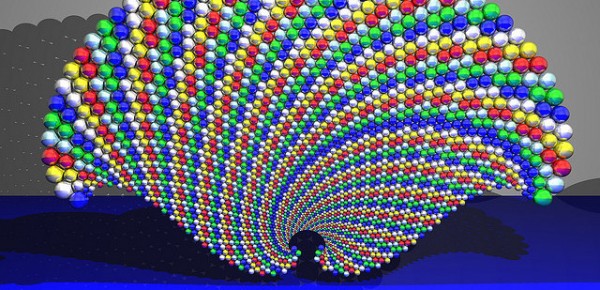Facebook changed its algorithm last week again. As usual, you could see marketers and content creators complaining online in a variety of media forms. It’s amazing to see this phenomena happen every month or so, almost like clockwork.

Facebook algorithm changes and tweaks are analagous to Google’s search algorithm changes. They seek to achieve the same thing, decrease spam and highlight more interesting content. We should expect these changes rather than become disturbed at what have become regular disruptions.
Although people discuss Google algorithm changes, they seem to get much less upset about them than Facebook. In fact, the vitriol exuded from Facebook algorithm changes is quite unusual.
People are more vested in their personal Facebook experience than they are their Google searches, and that is really the crux of the issue. The real problem is that people dislike change in their personal lives.
Spammers and Scammers

Combatting click bait motivated Facebook’s changes this week. Facebook said, “Over time, stories with ‘click-bait’ headlines drown out content from friends and Pages that people really care about.”
So once again, the real burden lies on communicators who have figured out the algorithm, and abuse it. Spamming and scamming is a timeless problem that is much more complicated than simply writing off some professionals as less qualitative.
Here are some of the causes:
- Professional skills
- Lack of quality original content
- A need to demonstrate results without purchasing ads (no beget)
- Unreasonable expectations from management
- Lack of engagement from a community
- Not enough time to do it right
None of these are excuses. All of them are realities facing communicators the need to deliver results. Some succeed in the face of challenges, others yield to the circumstance. Finally, a group figure out the algorithm and make it work for them.
When enough communicators adapt the new “best practice,” the Facebook stream becomes cloudy and filled with what is becomes digital spams and scams (depending on your point of view). Facebook has little choice but to act before overall user engagement drops.
You can bank on the cause and effect cycle continuing to impact the Facebook algorithm, as well as other sites that use crowd interaction to drive how they source results. It’s a part of digital media in the modern era.
What do you think?
Want to produce stand out content that gets earned media? Check out our free white paper now!
Image: fdecomite, Arnold Gatilao (Creative Commons)![]()

